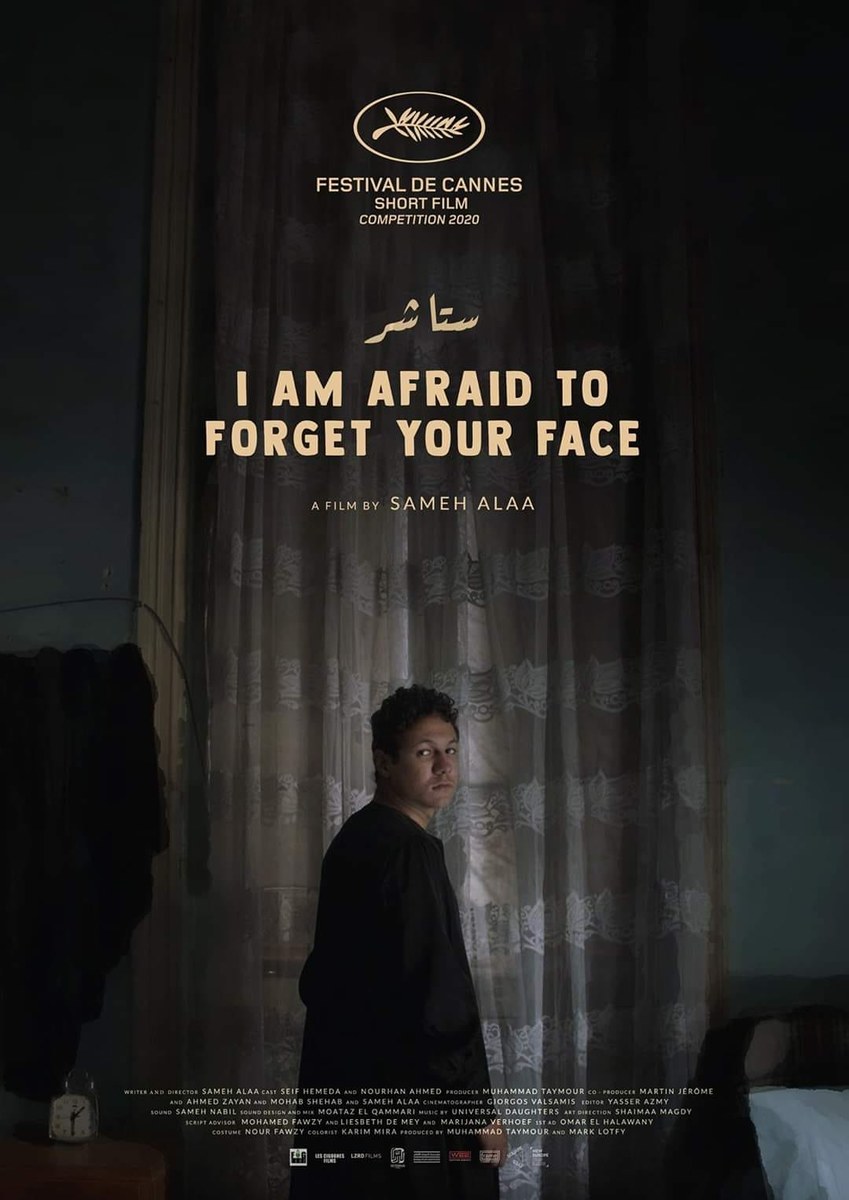DHAHRAN: Watching “Hobal” at the 11th Saudi Film Festival, hosted at the King Abdulaziz Center for World Culture, or Ithra, was cathartic.
The setting in which the film was screened was significant. The cinema is close to Ithra’s Energy Exhibit, which allows visitors to explore the journey behind oil extraction and energy resources in the Kingdom on the very land where black gold was first discovered in 1938.
Attentive faces, bathed in the glowing light of the screen sat with popcorn-scented hands. Together, we embarked on a journey — both collective and deeply personal — without moving an inch.
“Hobal” tells the story of a Bedouin family, set in the early 1990s, living in extreme isolation, led by a paranoid patriarch (Ibrahim Al-Hasawi) who believes the end of times is near, and strongly forbids anyone from his family to venture into town.
The title, “Hobal,” is apt. It references a pre-Islamic figure whose word became gospel, offering deeper layers to the film’s exploration of power and belief.
The family’s situation intensifies when Rifa (Amal Sami), the teen girl, falls gravely ill with a highly contagious case of measles and is forced to isolate even further in a tent alone. Her anguished mother (Mila Al-Zahrani) is consumed with worry, but the men, under the strict guidance of the patriarch, refuse to leave the desert to seek medical help. The women — and young teen boy, Assaf — are confronted with a dilemma: Survival or obedience.
With the hissing desert winds, surrounded by stubborn tents and the suffocating grip of impending grief and unearthed betrayal, the question arises: Will they stay or will they go?
The film’s cinematography is a standout. One particularly stunning shot lingers — a mirror leaning into the sand, reflecting Rifa and Assaf in deep conversation seemingly side-by-side but while apart. The desert engulfs them but they seem grounded. It is shatteringly beautiful. The wisest figures seem to be the youngest.
Set against the backdrop of the Gulf War, the real battles feel internal.
What made watching “Hobal” even more powerful was experiencing it in a Saudi cinema — not too far, geographically, from where the Gulf War broke out, knowing this was a story entirely brought to life by local talent.
There is also a strong Ithra connection. The film was written by Mufarrij Almajfel, who also wrote the award-winning 2023 Ithra film “Hajjan” (about camels), which also starred Al-Hasawi — honored at this year’s festival for his remarkable career. Camels, the symbolic “ships of the desert,” make several meaningful appearances here too, helping to move the story along.
Directed by Abdulaziz Alshlahei and produced by Sharif Almajali (along with Alshlahei and Mohammed Al-Turki as executive producers), “Hobal” is a collaborative effort between Shaf Studios, Film Clinic and Peninsula Pictures Group.
The film had its world premiere at the 2024 Red Sea International Film Festival in Jeddah and was released in cinemas across the Kingdom in early 2025.
Since then, “Hobal” has grossed an impressive SR21.6 million (about $5.8 million) in its first month, quickly becoming the fastest-growing box office hit in Saudi cinematic history.
It is a film that will stay with you long after the credits roll.

















